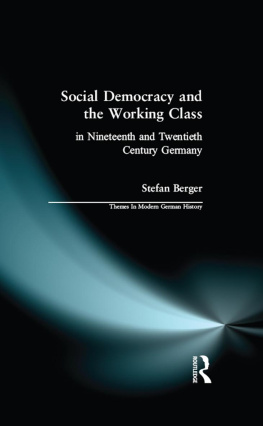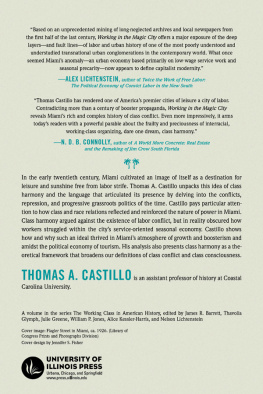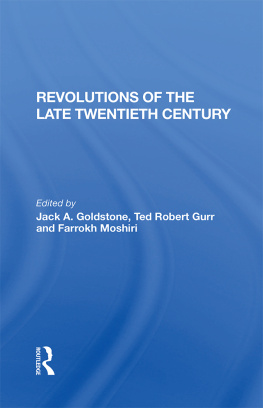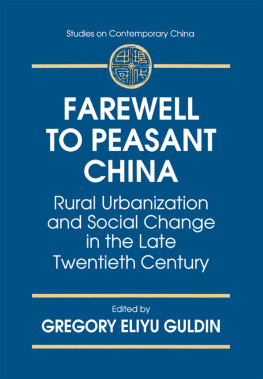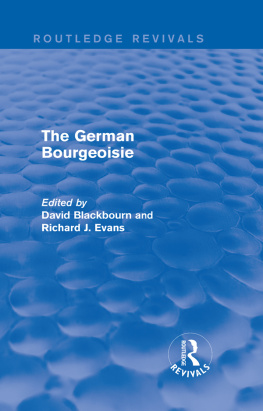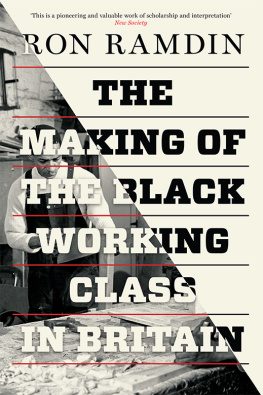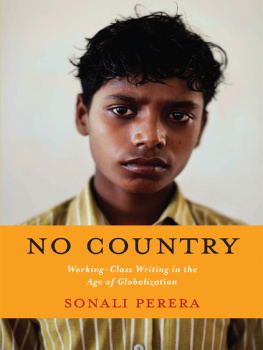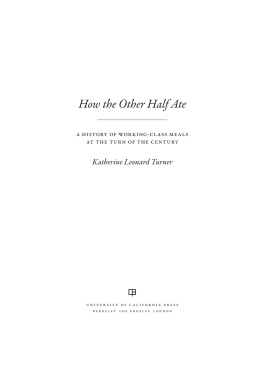Working-class writing and publishing in the late twentieth century
Working-class writing and publishing in the late twentieth century
Literature, culture and community
Tom Woodin
Manchester University Press
Copyright Tom Woodin 2018
The right of Tom Woodin to be identified as the author of this work has been asserted by him in accordance with the Copyright, Designs and Patents Act 1988.
Published by Manchester University Press
Altrincham Street, Manchester M1 7JA
www.manchesteruniversitypress.co.uk
British Library Cataloguing-in-Publication Data
A catalogue record for this book is available from the British Library
ISBN 978 0 7190 9111 7 hardback
First published 2018
The publisher has no responsibility for the persistence or accuracy of URLs for any external or third-party internet websites referred to in this book, and does not guarantee that any content on such websites is, or will remain, accurate or appropriate.
Typeset in 10/12.75 Joanna by
Servis Filmsetting Ltd, Stockport, Cheshire
For Joan and Alan Woodin
Contents
I would like to thank a number of people. Roger Mills, Tim Strangleman and Ken Worpole generously read the whole of the text. Sam Duncan, Mark Freeman and John Hardcastle read chapters. Sheila Rowbotham read early versions of much of this work and provided invaluable support and advice. Eileen Janes Yeo and Paul Kelemen offered useful guidance and ideas. Gary McCulloch also gave encouragement and feedback on draft articles. Of course I take responsibility for the text.
I am grateful for critical discussions from colleagues at various conferences including the British Sociological Association, History of Education Society, International Standing Conference for the History of Education and at conferences held at the Institute for Historical Research, Goldsmiths University, UCL Institute of Education, University of Sassari and the University of Macerata as well as invited talks and seminars in Britain and internationally. The chapters also draw upon articles published in History of Education, Paedagogica Historica, Sociology, Culture, Media and Society and the International Journal of Lifelong Education.
I have made every attempt to find the authors of the works cited but have not managed to track down everyone; however, I would be happy to acknowledge them. I would also like to thank staff at Manchester University Press.
I acknowledge the support of the archives and librarians at the Bishopsgate Institute, Mass Observation, UCL Institute of Education, Ruskin College, Victoria and Albert Museum, Working Class Movement Library and Liverpool University. Staff at Centerprise, Commonword, Eastside, QueenSpark and Yorkshire Arts Circus provided access to papers and publications. Countless individuals also gave me their archive material for which I am very grateful, notably Rick Gwilt and Mike Hayler. The interviewees who spoke to me and are listed at the end of the book were extremely helpful. I also thank Alan Gilbey, Paul George, Keith Armstrong, Rosa Schling, Laura Mitchison and Guy Farrar.
Most of all, I thank Ella and Eva who have lived with this book, in one way or another, for all of their lives!
During the 1970s, working-class writers entered the cultural landscape in ever greater numbers. Ordinary people formed writing and publishing workshops in which they explored ideas, histories and feelings. A great variety of people started writing, including school children, housewives, black and minority groups, unemployed people, retired workers as well as those still in work. Writers of all ages were examining personal experience with fresh eyes and renegotiating their place in the world. Over the coming decades, thousands of publications would be produced, with an estimated readership in the millions. Autobiography, poetry, short stories and drama were consumed avidly by those within the writers immediate vicinity as well as by more general readerships. In 1976, the working-class writing and publishing groups, which were proliferating across the country, established a national network, the Federation of Worker Writers and Community Publishers (FWWCP or the Fed), that would later add the strapline to make writing and publishing accessible to all. The movement that coalesced around the basic democratic idea that everyone could be a producer of culture released a pulse of energy that still reverberates today.
This cultural ferment was taking place amid growing social and economic instability. Long-held assumptions about social class were being disrupted by seismic political and economic shifts. The post-war consensus cracked in the 1970s, creating a space that came to be filled by the New Right, and which would in turn expedite neoliberal reforms. The historical outcomes of these processes were not a foregone conclusion. The working class came under the microscope as people sought to understand their lives in the past, present and future. Economic and political dimensions of class were being permeated by personal reflections and cultural meanings.changes. It is not a straightforward organisational history but one that surveys a social formation that coalesced around the need for working-class expression.
In the early twenty-first century, a text about the recent history of working-class writers and writing is not a unique, quirky idea but one relevant to rethinking globalisation, digital technology and the complex cultural interactions that have become commonplace. The relations between these forces have a history. Community publishing itself utilised new technologies and responded to changing urban populations. Gaining a voice and expressing it in writing represented another way of thinking about the world. Writers searched for the means to understand and express the difficulties and contradictions of daily life. They wrote from within a distinct context and also pointed beyond it to more expansive desires. Indeed, the idea of working-class writing is an ambiguous one that cannot easily be slotted into a specific category. It provides an essential window onto the perennial subject of how we live, the so-called human condition; it raises ethical dilemmas and philosophical questions in helping us to comprehend where we have come from and how we might map potential futures.
Working-class subjectivity?
Stories matter. The interpretation and representation of social change is of fundamental importance to the production and reproduction of social structures. Class is not only a material demarcation of life opportunities but is inscribed in, and contested through, symbolic meanings and values that have very real consequences. Groups created opportunities for writers and readers who were to become active participants in this expanding cultural democracy.
However, it was evident that these forms of expression had to be built up gradually. Making literature and literacy more widely available, while necessary, was also problematic. A growing sense of individuality among working-class
In the Fed, technology and context were interconnected. Writing and publishing workshops contained different social possibilities and nurtured self-belief and collective empowerment. Barriers were psychological as well as technical, and the assumption that only certain people could legitimately be writers was not easily expunged. Indeed, sustained organisation proved to be an important basis for writing to flourish, as the contemplative atmosphere of the workshop provided a forum for the development of working-class subjectivity. Technical limitations on written expression were minimised by scribing for others, the use of voice in performance as well as publication via offset litho printing. In turn, the strength and importance of writing helped to galvanise a sense of community and to encourage new writers.




